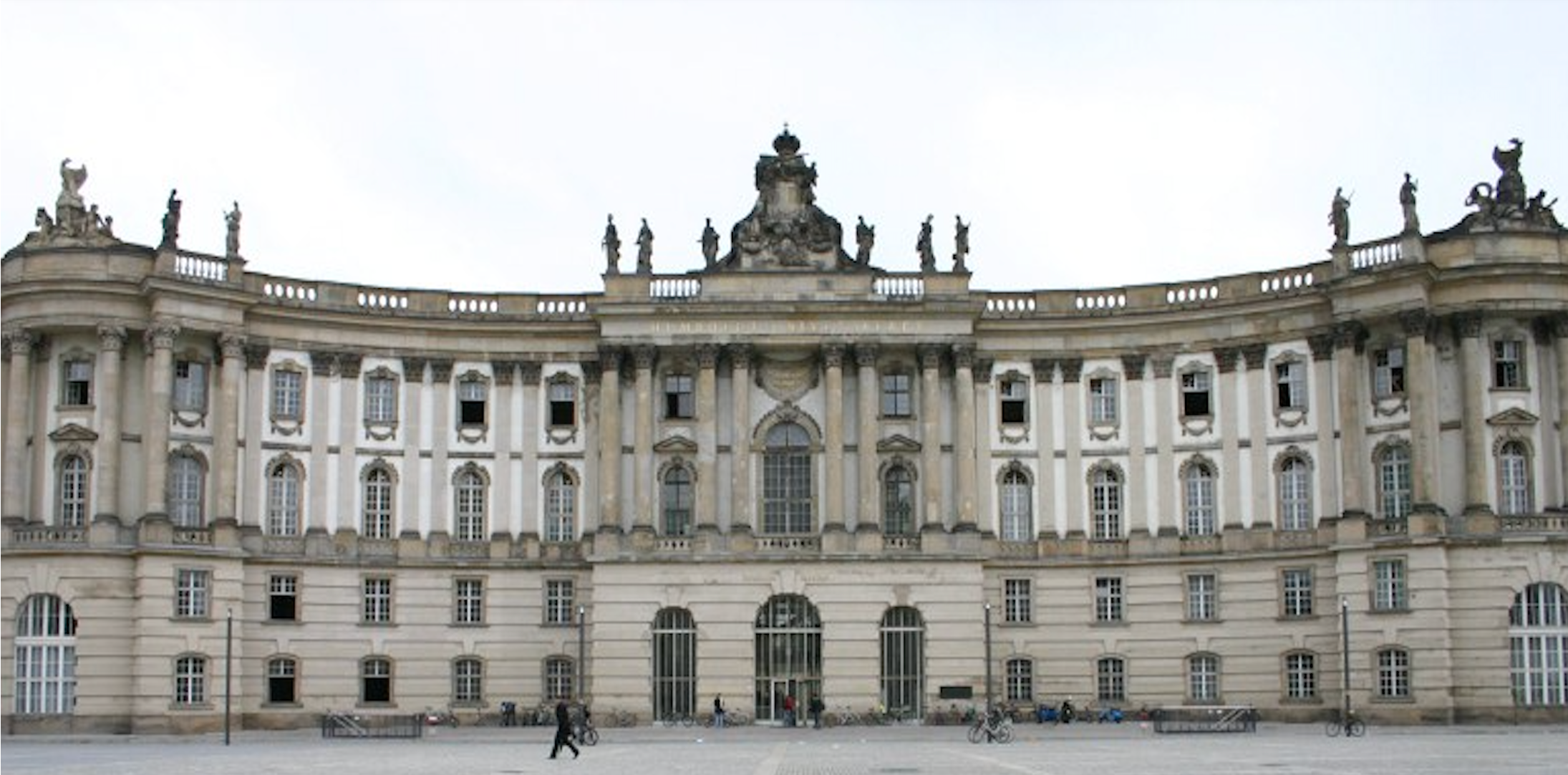Prof Dr Siegfried Elsing on IP Law and Arbitration, 22 November 2019
The objective incentives for arbitration are gradually overwhelming the odds especially when it comes to Intellectual Property Law. The students of the class of 2019/2020 of the IDR LL.M. had the unique opportunity to discuss the various issues that may arise in arbitrating IP law disputes with Prof Dr Siegfried H Elsing, LL.M. (Yale), who is honorary professor at the Heinrich Heine University in Düsseldorf and partner at the international law firm Orrick, Herrington & Sutcliffe LLP. The lecture was structured into four main parts – Arbitrability of IP law disputes, Parallel proceedings, FRAND disputes and Investor-State disputes.
We learned that significant parts of IP law disputes are arbitrable and could be settled by an arbitration tribunal. This is typically true for disputes in regard to infringements of IP rights as well as contractual matters such as transfer, licensing and development. However, questions in regard to the existence, validity and ownership of IP rights which require statutory registration are usually not arbitrable because of the erga omnesprotection with which these rights are accompanied. The arbitrability of the latter would affect the rights of third parties, non-parties to an arbitration agreement, and would therefore compromise public interest.
Issues of parallel proceedings are also regarded as very important in that sphere. It is a common approach by arbitral tribunals to stay the proceedings before them, if there are proceedings in a state court regarding the existence or the validity of the IP right in question (a trademark or a patent for instance). This is an assumption that would apply even if the parties have not reached an agreement exactly on the issue of parallel proceedings.
The fair, reasonable and non-discrimination standard (FRAND) also has significant implications in regard to arbitration. If one could refer such disputes to an arbitral tribunal, parties could have their disputes resolved by arbitrators with the particular expertise, and with higher standards on confidentiality, procedural efficiency and the availability of special institutions which could consult the parties and the tribunal on certain questions. It was also interesting to learn that if a patent holder is not willing to extend a FRAND declaration for usage of an IP right (a patent for example), one could easily end up infringing Article 102 TFEU.
Last but not least IP law disputes could occur in investor-state arbitration. There are instances in which an investor could claim that a host state by enacting new legislation has deprived the investor of his IP rights and has therefore committed an unlawful expropriation of the investor’s assets.
At the end of the event we had the opportunity to exchange our professional experience with Prof Dr Elsing and come up with new ideas and approaches among our truly international group of students.
Ivan Petrov, IDR LL.M. Candidate
